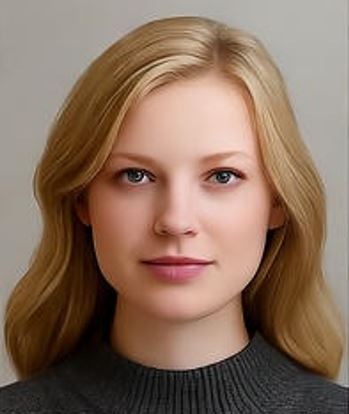Rubio misses Ukraine talks, Zelensky rejects US proposal
US Secretary of State Rubio will skip the Ukraine talks in London, while Zelensky rejects a key condition of the US peace plan. A look back at the messy situation in the conflict.
Rubio misses Ukraine talks, Zelensky rejects US proposal
US Secretary of State Marco Rubio will not attend talks in London on Wednesday aimed at finding a way out Russia's war against Ukraine to find. This comes as Kiev has signaled it will reject a key point of the Trump administration's proposal to end the three-year-old conflict.
Rubio's rejection
Rubio was expected to attend the talks with Ukrainian, British and European officials. But State Department press secretary Tammy Bruce announced Tuesday that he would not attend due to "logistical issues." Instead, US special envoy to Ukraine and Russia Keith Kellogg will represent the US. These talks follow a meeting in Paris last week at which US, UK, French and German officials discussed a framework for a ceasefire.
Proposal to recognize Crimea
The proposal provides, among other things, Russia's control over Crimea which was illegally annexed by Moscow in 2014. A ceasefire would also be established along the front lines of the war, according to an official familiar with the framework. However, any recognition of Russia's control over Crimea would reverse a decade of U.S. policy.
Zelensky rejects an agreement
Ukrainian President Volodymyr Zelensky made it clear on Tuesday that while he was ready for talks with Russia, he would not accept an agreement that recognized Moscow's control over Crimea. “Ukraine will not legally recognize the occupation of Crimea,” he told reporters. "There is nothing to discuss about this. It violates our constitution."
US reactions and negotiations
Rubio said on The talks in London come as US officials have publicly expressed frustration over a lack of progress in ending the war.
Trump on negotiations
President Trump had stated that he wanted to see “seriousness from both sides” so that the US could continue negotiations. Rubio warned last week that Washington could abandon efforts to end the conflict if there are no signs of progress. The comprehensive framework was presented to both sides to see whether the differences could be reduced in a short period of time. According to the official report, aspects of the framework still need to be clarified and the US plans to work on it with the Europeans and Ukrainians this week.
Witkoff's trip to Moscow
Trump's Middle East envoy Steve Witkoff will travel to Moscow this week to continue negotiations with Russian President Vladimir Putin, the White House announced Tuesday. The Kremlin confirmed Witkoff's visit but gave no further details, according to Russian state media. Press secretary Karoline Leavitt said Tuesday that negotiations are "hopefully moving in the right direction" and declined to explain what a "return to peace efforts" might look like for the United States.
Talks about a ceasefire
Moscow had previously blocked negotiations and rejected an earlier US proposal for a 30-day ceasefire that had been accepted by Kiev. However, under pressure from Trump, both Ukraine and Russia have signaled a willingness to negotiate for the first time in years. The two sides had not held direct talks since the early weeks of Moscow's invasion in 2022.
Putin's statements about direct talks
On Monday, Putin raised the possibility of direct talks with Ukraine on a ceasefire that would end attacks on civilian targets, but noted that further discussions were needed to clarify how to define a civilian target. Kremlin spokesman Dmitry Peskov later confirmed Putin's comments, saying "(Putin) had in mind negotiations and discussions with the Ukrainian side," Reuters reported, citing Interfax news agency.
This article was supported by CNN's Anna Chernova, Kosta Gak, Kylie Atwood and Jennifer Hansler.

 Suche
Suche
 Mein Konto
Mein Konto
